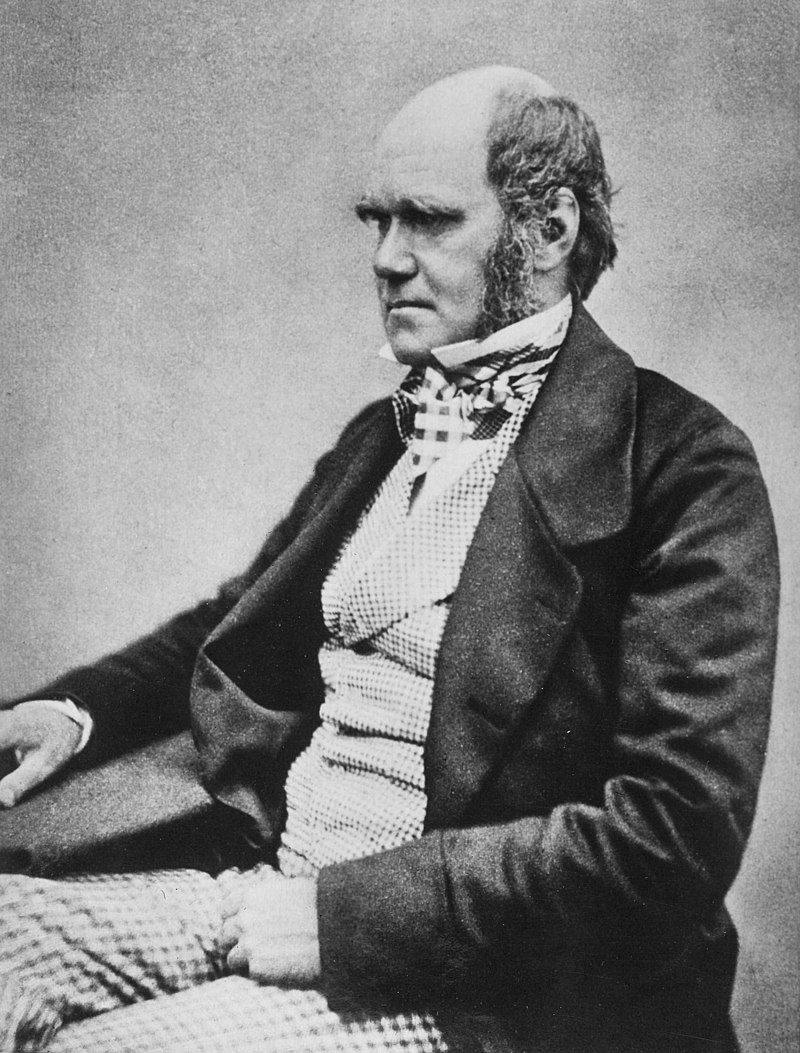
While discussing cultural conflicts generally, foreign policy analyst Michael Dran mentioned something that intrigued one of our readers:
The most important is the divide between Protestant modernists and fundamentalists, which developed in the early part of the twentieth century. It is my contention that the modernist-fundamentalist controversy did not come and go in the course of the twentieth century. It was an earthquake along a tectonic fault that continues to divide our world today.
He cites the Scopes Trial, evoking a variety of culture myths about what happened at Dayton in 1925 that convinced dim and ignorant elitists that Darwin must be right about everything.
Clearly, the Scopes trial was about more than the teaching of evolution. The conflict pitted Eastern urban elites against rural populations in the Midwest. At stake for Bryan was the future of popular democracy. “A religion that didn’t appeal to any but college graduates,” he wrote in 1922, “would be over the head or under the feet of 99 percent of our people. The God I worship is the God of the ignorant as well as the God of the learned man.” The Scopes trial was an opportunity for Bryan not only to champion the wisdom of the common people but also to denounce the role of experts in government. Scientists, Bryan claimed, were attempting “to set up an oligarchy in free America, the most tyrannical that has been attempted in history.”
Bryan’s “jehad,” then, was against the Progressive vision of a managerial elite that overrides the will of the people. This is how one observer, at least, understood it. This man lamented how Bryan’s name had become synonymous with opposition to evolution, because that fight detracted from Bryan’s larger mission. Bryan was “one of the most misunderstood and underestimated men in American history,” former president Harry S. Truman wrote in a posthumously published memoir. “He was in a class by himself from about 1896 on, the man who was in the forefront for the welfare of the common, everyday fellow who didn’t have any real representation of any other kind.”
Public understanding of science has been paying the price for the elite’s self-indulgence in looking down on their “Neanderthal” inferiors ever since the Scopes Trial, claiming a science basis. For example, arch-Darwinist Richard Dawkins (of “selfish gene”) fame, was a professor of the Public Understanding of Science, when his notion of a “selfish gene” is essentially mystical and not historical.
Seen in this light, the Scopes trial takes on a new significance. It was certainly a fundamentalist outburst against Darwinism and, more broadly, against the Protestant modernism and secularism that were sweeping the urban elite. But it was also something more: a revolt of Jacksonian populism against centralized power. If we approach the Scopes trial as a Jacksonian eruption, it appears part of a much longer and more consequential dynamic. My goal is to tease out the implications for American foreign policy of the competition between the Jacksonian persuasion and its rival, to which I will attach a name in a moment. Michael Dran, “The Theology of Foreign Policy” at First Things (May 2018)
Given the number of disasters that are of human origin, it’s unclear that elites actually figure out the most important things more reliably than others.
See also: Do racial assumptions prevent recognizing Homo erectus as fully human?